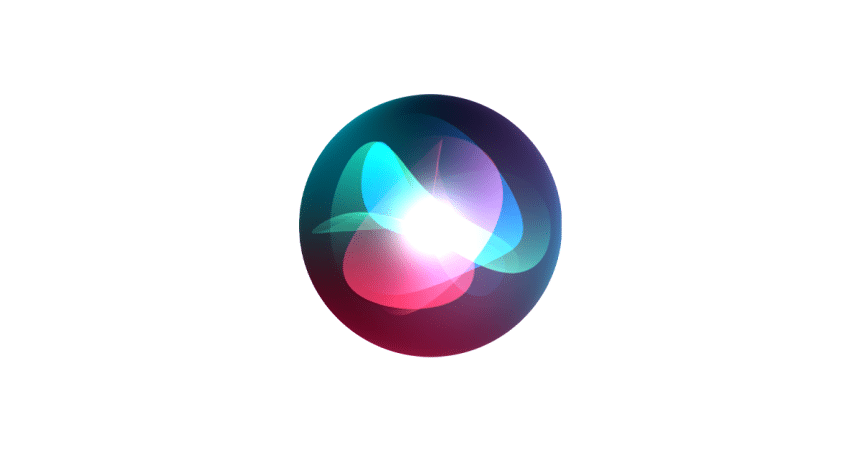Apple’s ambitious plan to reinvent Siri with the upcoming iOS 26.4 update has hit a rough patch. According to reports from Bloomberg’s Mark Gurman, some testers are expressing concerns over the digital assistant’s performance, raising doubts about Apple’s ability to deliver a fully realized AI overhaul by 2026.
The update—expected to roll out in spring 2026—marks Siri’s biggest redesign since Apple introduced Apple Intelligence in iOS 18. Despite high expectations, early feedback suggests Siri still struggles with consistency and responsiveness, key areas Apple had promised to improve.

Internal Challenges and AI Team Shakeups
Apple’s AI division has faced several hurdles leading up to this release. Internal restructuring, leadership changes, and talent losses have slowed development. The company is still searching for a replacement for John Giannandrea, Apple’s AI chief, whose strategies failed to deliver the anticipated results.
In addition, Robby Walker, a senior AI executive tied to Siri’s progress, reportedly left Apple in October. Meanwhile, rivals like Meta have lured away key AI engineers with high salaries, intensifying competition for talent.
Apple also faces legal scrutiny following lawsuits accusing it of misleading shareholders about delays in Siri’s development. These challenges have added pressure to prove that the iOS 26.4 update can mark a turning point for Siri’s long-standing reputation.
Signs of Hope for Apple’s AI
Despite setbacks, Apple continues to invest heavily in AI innovation. Recent leaks reference a Model Context Protocol in iOS 26.1, designed to streamline how AI features interact with user data. Furthermore, Apple is reportedly testing a ChatGPT-style iPhone app, potentially setting the foundation for a smarter, more adaptive Siri in future updates.
While testers’ concerns raise questions about Siri’s readiness, Apple’s steady push toward a more capable AI ecosystem shows that the company remains committed to bringing its digital assistant up to par with competitors like Google Assistant and OpenAI’s ChatGPT.












